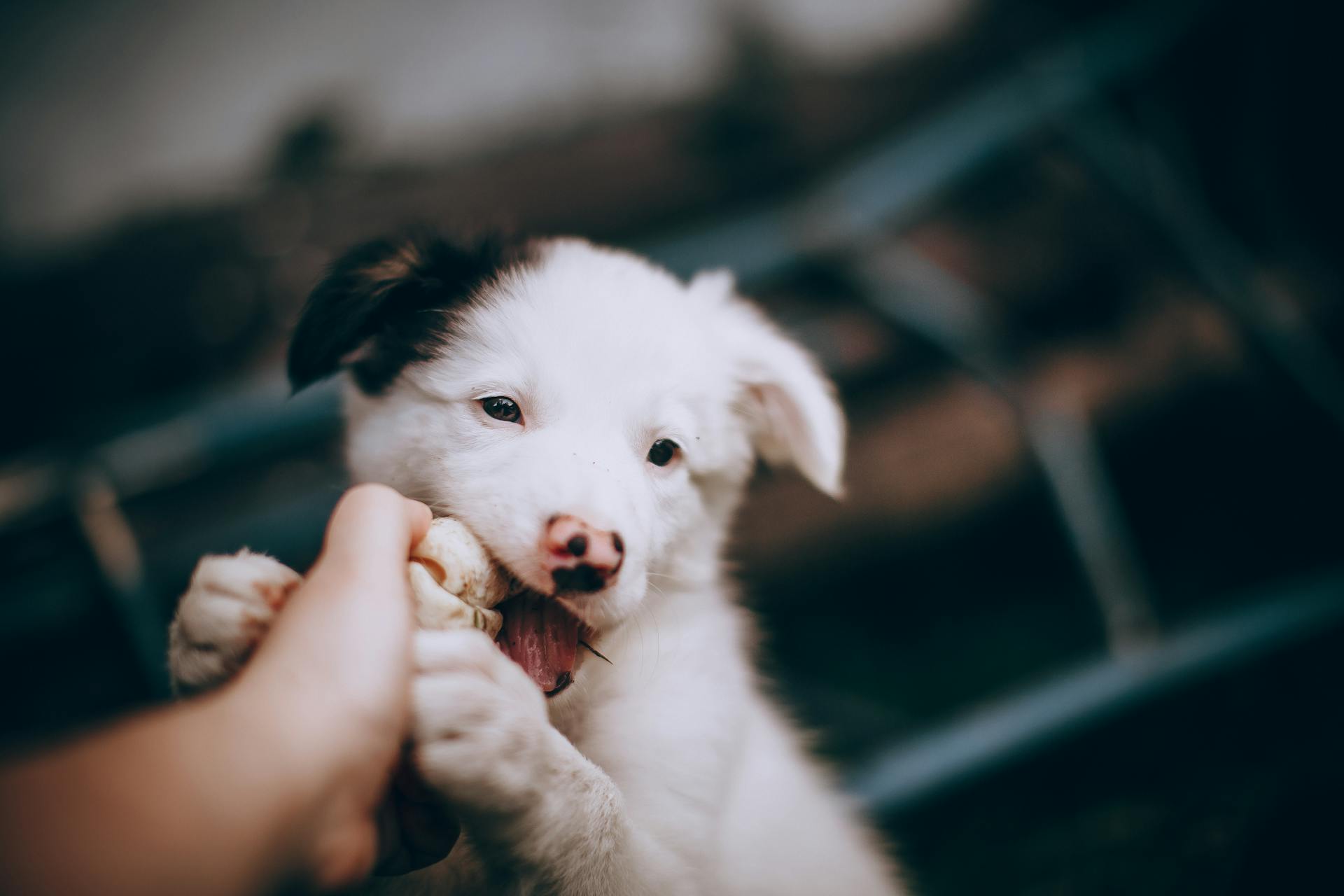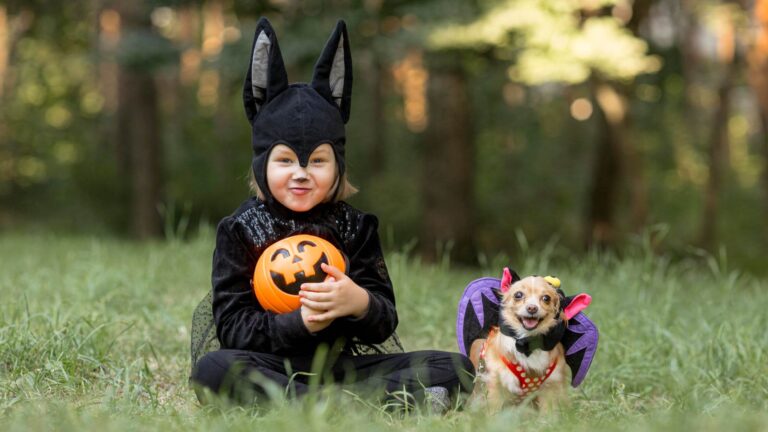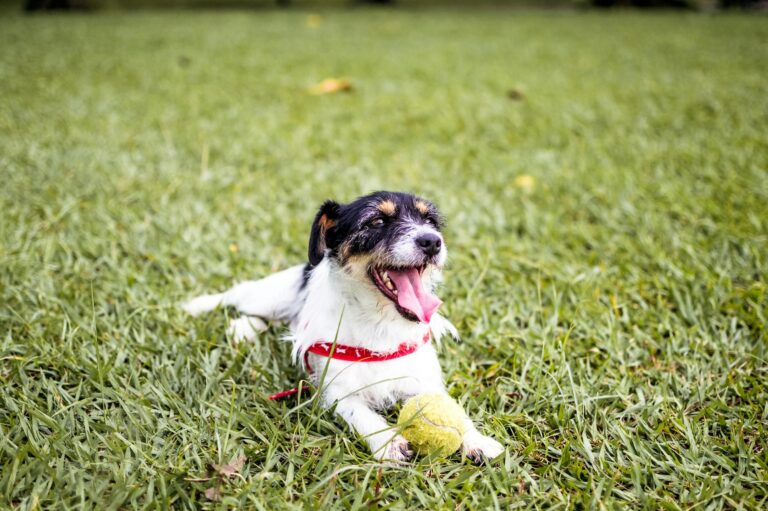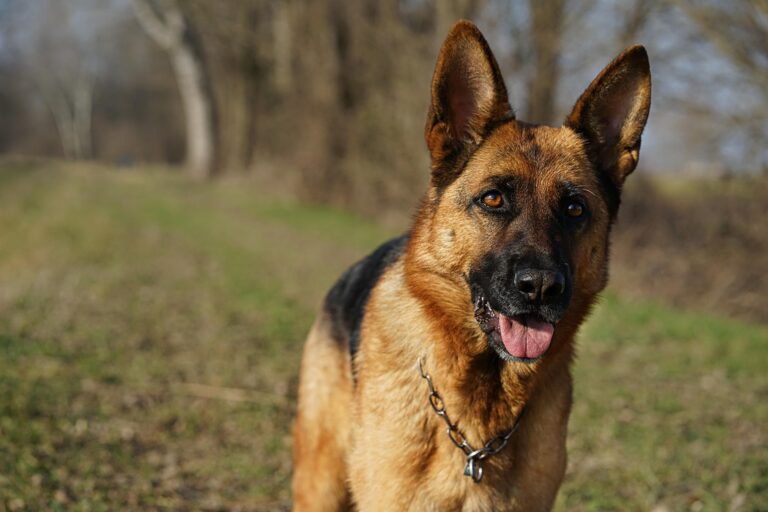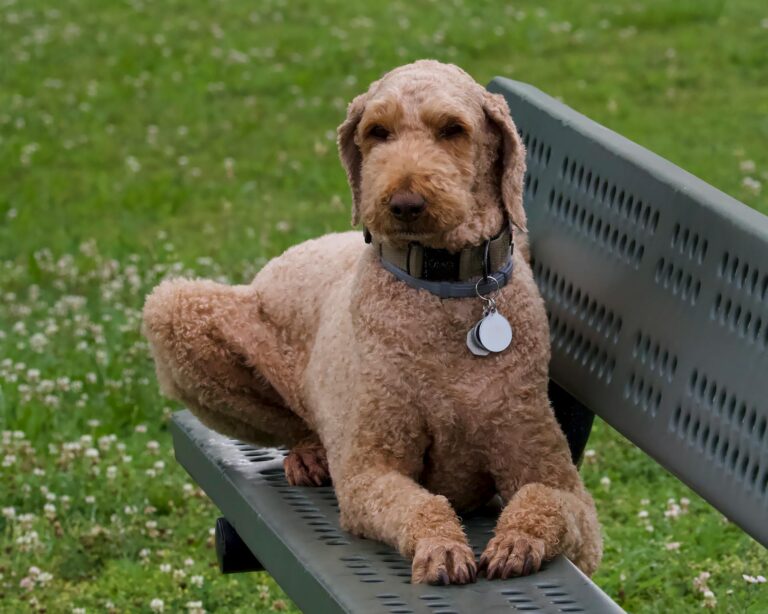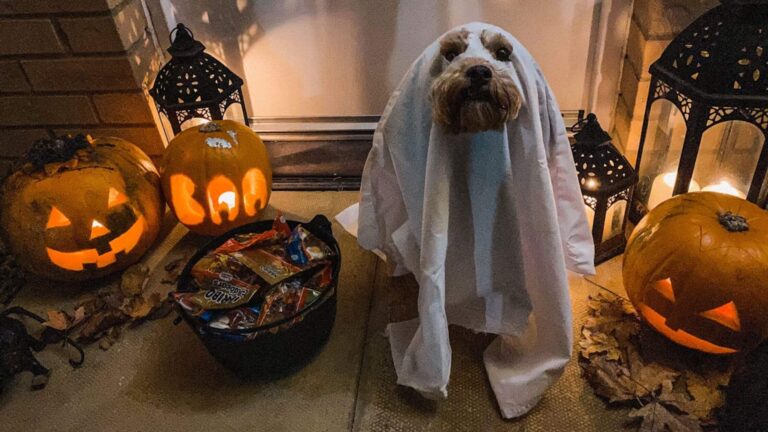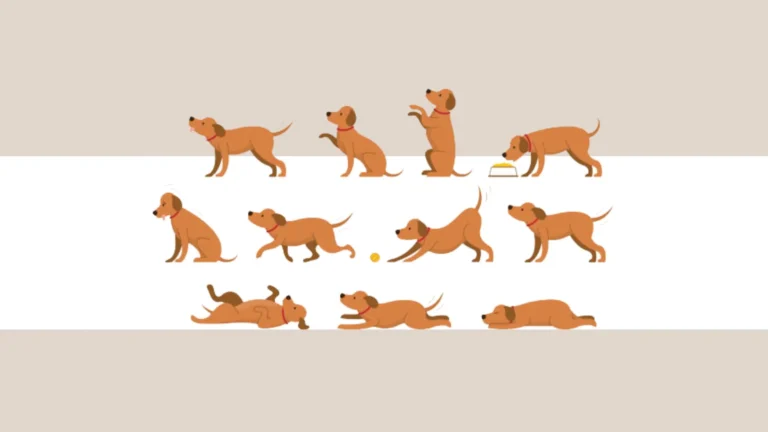How do you stop a puppy from biting
The excitement of getting a new puppy and settling them into their home is a real thing. In the first week, puppies might be a bit calmer, but they are still settling in. Once they settle in, the puppy chaos kicks in. Puppies spend a lot of time playing, chewing, and investigating objects. All of these activities include young dogs using their mouth and needle-sharp teeth. Even though they are playing, puppies can bite when interacting with people and even babies. While the behavior might seem cute at first, it is dangerous if the puppy doesn’t grow out of it.
Why Do Puppies Bite?
We can describe puppies as tiny balls of fur. But their behavior is not always cute and adorable. Sometimes, they bite, and chew, and bark, and jump, and so on. There are plenty of reasons why puppies bite, so let’s take a quick look.
- They are exploring the world, learning about things through biting.
- Biting and chewing are ways of interacting with other pets and humans.
- They like the taste and consistency of the object or the reaction they get.
- During the teething period, the puppy’s gums are a bit sore and they chew to soothe themselves.
- They are bored, frustrated, or scared.
- A reactive behavior to a common trigger.
- They want to get attention from you.
For young puppies, play and biting help them learn new things. For example, when two puppies play, if one of them bites too hard, the other one will move away and stop. This way, the first puppy learns that biting too hard can stop the play. As a result, puppies soften their bite.
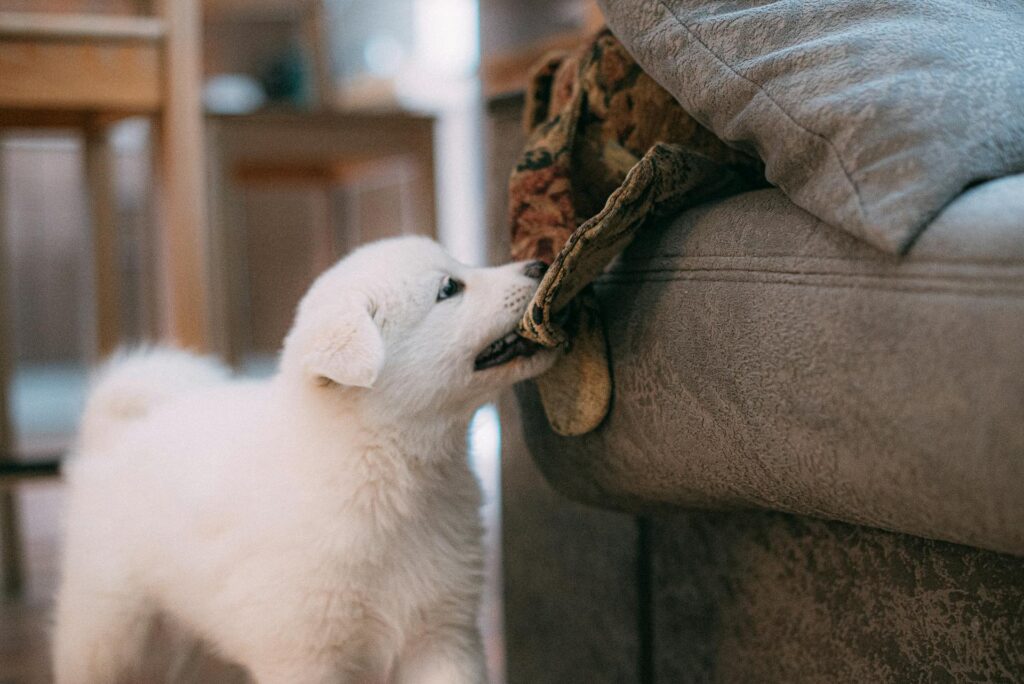
How to stop a puppy from biting
Puppies that bite might be cute and adorable at first. But imagine an adult, large dog, that tries to interact with the world through bite. Not fun, right? That is why it is essential to teach a puppy to stop biting from a young age. Here are several ways for how do you stop a puppy from biting.
Teach Bite Inhibition
Puppies learn this through play with other puppies. We talked about the example above when puppies bite too strongly and how they learn that it can stop the play. Well, since you probably have only one puppy, you need to teach him that bite force matters. How to teach them? When they bite too hard, make a high-pitched “owww” sound. Stop the play, and turn away from the puppy. There is no bigger punishment for a puppy than stopping play. So, they will adjust and bite with less force.
Biting – Game Over
Speaking of using playtime as punishment, when a puppy bites during play, stop it. No exceptions! Yelling can be a reward in the form of attention. Stopping play and ignoring your puppy teaches puppies that biting gets them nothing. For puppies, stopping play is a minor form of attention withdrawal, and can calm them for a minute.
Provide alternatives for chewing
For puppies, chewing is a natural instinct and behavior. The trick is teaching them what is okay to chew, and what is not. Offer them a toy when they start biting your fingers. But if they continue to nip, stop the play session altogether.
Give them a time out
Another way to stop the game is to gently put your puppy in a crate when they bite. It gives them a chance to calm down and prevents them from biting. The trick is not to punish the dog for too long. Once they calm down, let them out and continue playing. If you leave them in a crate for too long, they will associate it with punishment.
Burn some of the energy
Puppies have an abundance of energy, and they need to spend it. Take them out for a walk or a play session outside. Run them around and let them burn off the excess energy.
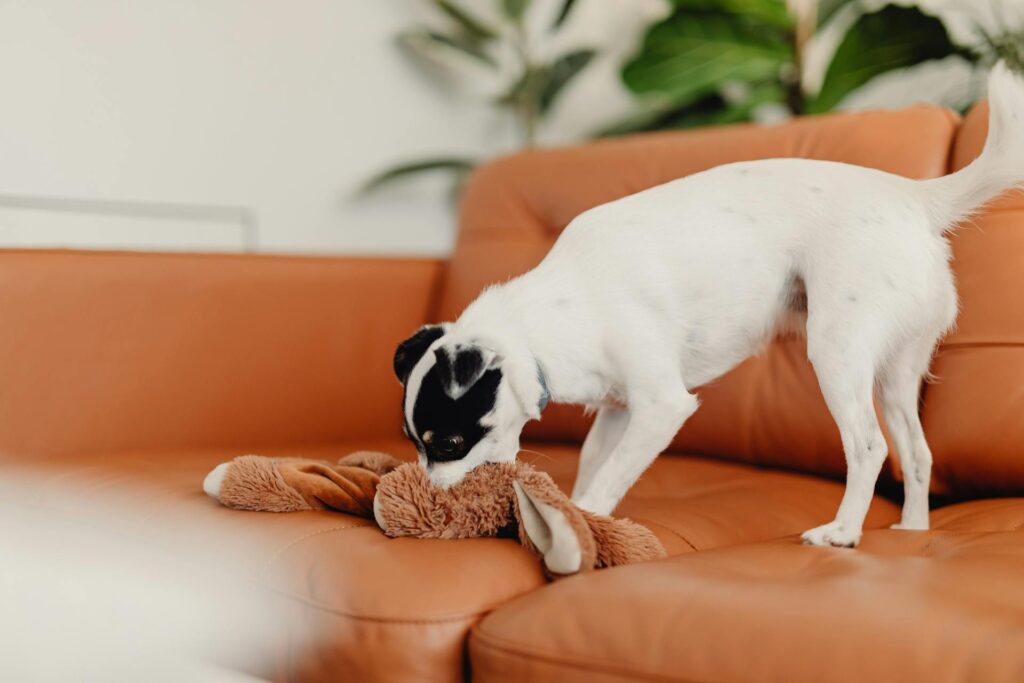
Reinforce positive behaviors
One of the biggest mistakes pet parents make is that they ignore positive behaviors. For example, when the puppy is calm and quiet, we ignore it. We take it for granted. Instead, reinforce that behavior with good boy praises, a piece of kibble, some treats, or just a lovely pat on the back.
Provide age-appropriate toys
Finding the right toy for your puppy is a challenge. Buying a toy that is too hard for them to play with means they will stop it and ignore it. Getting a toy that will crack in seconds will have the same result. Look for safe and durable toys, and encourage your puppy to play with them. Offer the toy, move it around, and wait for the puppy to grab onto it. Then, offer plenty of verbal praise. If the puppy bites any part of your body, stop the play and exit the area. Wait for 20-30 seconds and then come back. When they come running to you, offer them the toy and immediately engage them.
Try Socialization Classes
As we said in the beginning, puppies learn bite inhibition and proper behavior from their peers. Since most pet owners have only a single puppy, socialization classes work best. This way, puppies interact with other puppies in a controlled environment, under the watchful eyes of certified trainers.
When Do Puppies Stop Biting?
Puppy biting reaches its peak when they are transitioning from baby teeth to adult teeth, which is around 12 weeks of age. By seven months of age, all puppies have adult teeth. At this point, teething is no longer a factor for biting behavior. By that time, you should learn how do you stop a puppy from biting.
How do you react to a puppy biting?
The main rule to follow is no teeth on skin. Whatever happens, avoid harsh verbal or physical correction. Young puppies do not associate verbal and physical corrections with positive behavior. They only suppress a behavior or defend themselves. Punishment can only lead to fear and anxiety in a young puppy.
Instead, you should move away from the situation, wait for your puppy to calm down, and then call your puppy or go to them to play.

